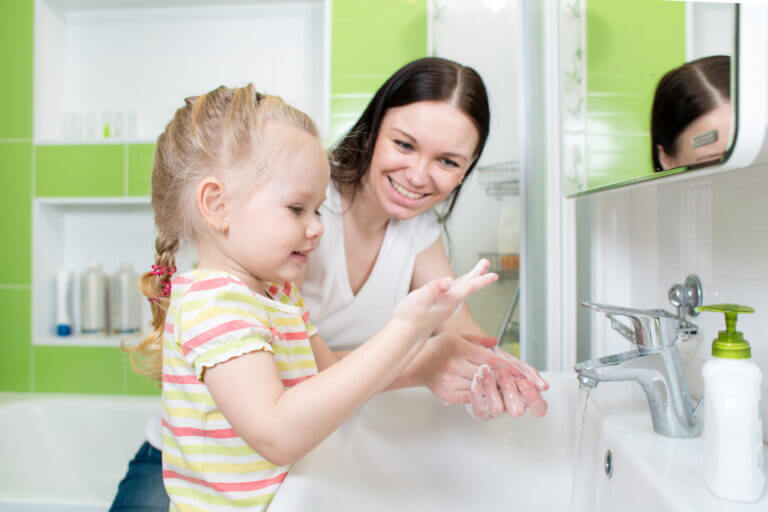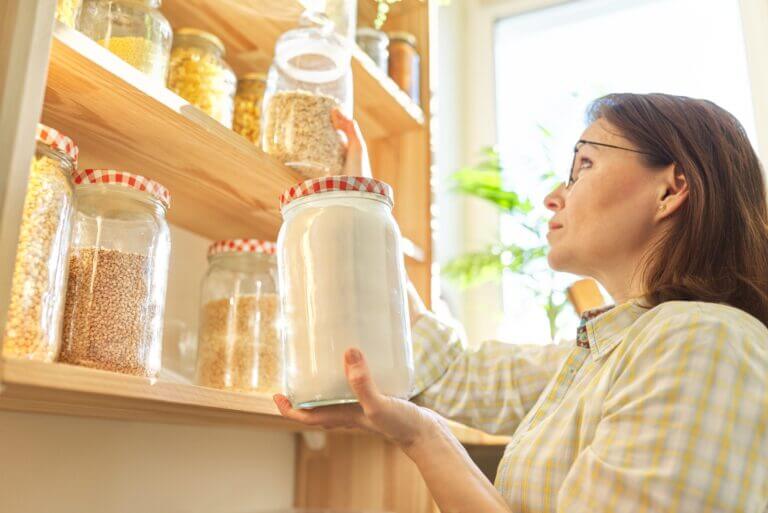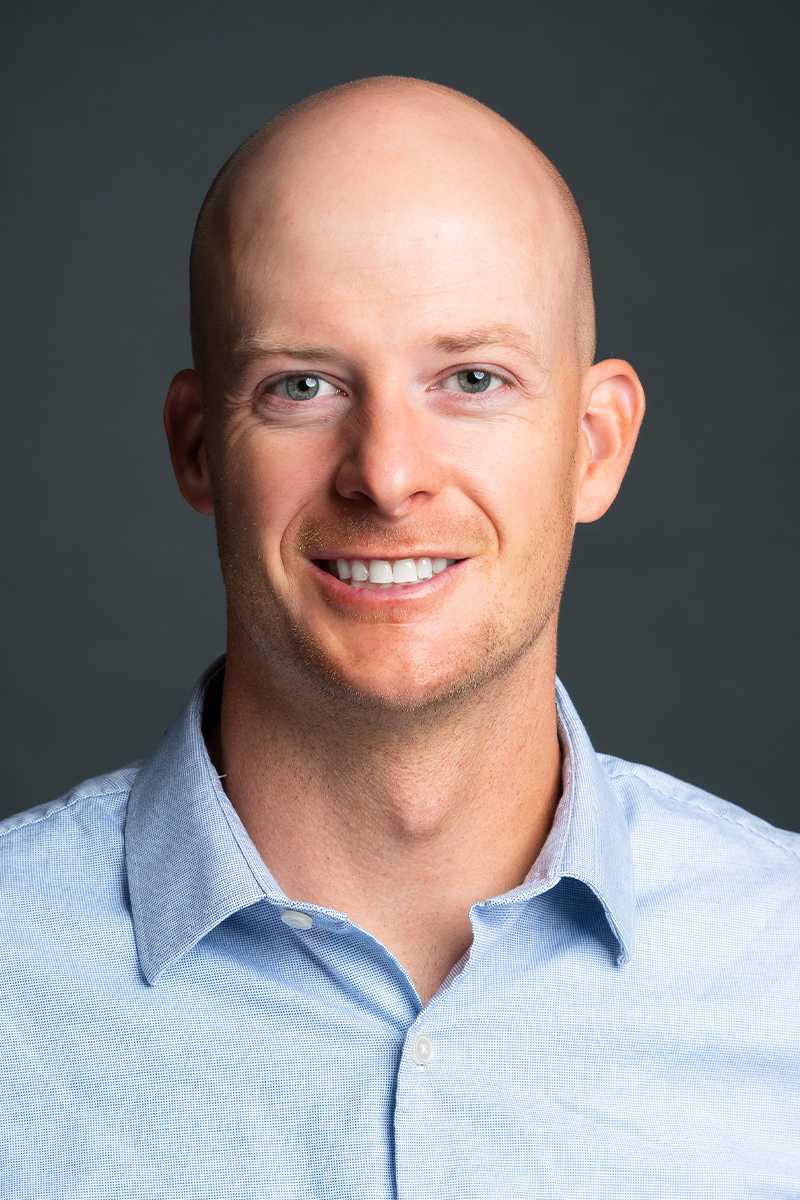Most of us have been on a roller coaster before and remember the dread, anticipation, and fear of going up the first massive hill on the coaster. It seems like the uphill climb takes forever, and we usually can’t see when we are going to crest the hill and start falling. The whole coronavirus situation feels a lot like this. It seems like we keep going up and up and don’t know when we are going to reach the end of or the worst of it, and the situation will start to resolve. COVID-19 is an entirely different situation, however. There is no thrill, no fun, no excitement, and zero desire to repeat this ride. Since our country and the entire world are already on this journey and the coaster isn’t going to stop midstream, one positive perspective will be to recognize we are all in this together, and if we can unite, we have the potential to learn something from this.
Professionally and personally, we have all been affected by the coronavirus. It is human nature to be fearful of things we don’t understand or can’t control. Rather than living in fear, choose to have faith, and live with hope. As scientists, medical teams, and experts in all fields of life tirelessly research, plan, care for affected individuals, and lead us through this coronavirus challenge, we are confident we will have better tools to treat and fight this illness. In the meantime, use this opportunity to look at your health habits and beliefs. Here are a few pointers to get you started as you recognize, remember, and reset your goals in life.

1. Physical
What are your hygiene habits?
Do you wash your hands appropriately? Before you eat, after using the restroom (and maybe before), after being outside or out in public?
Do you frequently touch your face? If so, do you avoid the mucous membranes of the mouth, nose, and eyes? Doing so significantly decreases the spread of many illnesses. Not touching the face may take more effort for those who wear contacts, have allergies, or are “pickers.”
What are your attitudes towards health?
Do you get your preventive screenings and examinations routinely?
Do your health habits support your immune system?
Do you get regular physical activity?
Is the most significant portion of your diet a wide variety of vegetables and fruits? If you avoid or can’t tolerate entire food groups, do you take a multivitamin or supplement to get the nutrients that are missing from your diet?
Do you limit processed and calorie-laden foods?
Do you “double-dip”? (for example french fries into fry sauce or veggies in ranch dressing)
Do you share cups, straws, drinks, meals, or utensils with multiple people?
Do you recognize the value of sleep?
Do you prioritize your goals and minimize idle time and distractions so you can get adequate rest? (i.e., social media, gaming, internet searches, and shows)
Do you smoke or vape? Since COVID-19 attacks the respiratory system, eliminating this habit may save your life. Smoking cessation is very challenging for many people but is one of the single best things you can do to improve your health.

2. Environment
Do you regularly launder kitchen towels and sponges? Bathroom and hand towels?
Do you routinely leave food out on the countertop or dirty dishes in the sink, where microbes have the opportunity to grow?
Do you have a cleaning schedule?
Do you regularly sanitize items that are frequently touched? (i.e., door handles and cabinets, light switches, phones, remotes, computer equipment, etc.)
Do you regularly wash pillowcases, socks, clothing, and blankets?
Do you pick up food, papers, and wrappers, particularly in dark or moist places where bacteria can thrive?
Do you practice CLEAN cooking principles? https://health.gov/our-work/food-nutrition/2015-2020-dietary-guidelines/guidelines/appendix-14/
These are things that children and all family members should be taught and expected to take responsibility for in their living environment.
3. Meaning
When illness or death strikes a loved one, our mortality may seem threatened. This threat can provide increased motivation to look for purpose in your life. What truly is important to you? Do your words, thoughts, actions, and behaviors reflect this?
Can you use this interruption of lockdown and distancing as a tool to help simplify your life? Even if you miss the sporting events, numerous extracurricular activities, lessons, and business of life try to allow this jolt to reshape how you budget your time in the future.
How are your relationships?
We all have the same amount of time in 24 hours. How do you spend your time?
How often do you think about others?
Research has shown that people who serve others live longer and find more meaning in their life. Do you give your time or resources to help and serve others?
Are you grateful? (for example: for teachers, toilet paper, and water)
Are you continually learning?
Are you continually growing?
During this time of social distancing, be creative in finding ways to connect with those who are important to you. Some types of personal visits may be appropriate. Use technology to FaceTime or Skype loved ones and grandparents, rebuild relationships with old friends, use your phone to actually talk to someone, etc.
4. Preparation
The Federal Emergency Management Agency (FEMA) is associated with the Department of Homeland Security and is responsible for coordinating the federal government’s response to natural and human-made disasters. FEMA safety experts recommend storing 72 hours of survival supplies (up to 96 hours). Are you prepared? https://www.ready.gov/kit
Do you have basic food, cleaning supplies, and toiletries?
Do you have adequate clothing, a plan for temporary sanitation, and an idea of how to heat your living environment?
Do you have methods for water purification and possibilities to cook if the power is out for an extended period?
Do you have finances reserved for an emergency?
Do you have a method to communicate, along with a specified contact person for your family and key information written down? (i.e., phone number and address)
Money and storage space needs consideration, and I’m not talking hoarding supplies. As a general rule, anything in excess is probably not a good thing. Emergency preparedness can be an overwhelming project and currently, resources are limited and many states are on lockdown. Our current situation is not the time for shopping and potential exposure. Now is a great time to evaluate the needs of your family (which is different than wants and what you’ve become accustomed to) and what supplies or preparation your family needs for future emergencies.
5. Emotions
How do you handle stress?
Have you rehearsed coping techniques so that they can benefit you in a stressful situation? (For example, guided imagery or deep breathing exercises. You have to practice methods of relaxation when you don’t feel stressed in order to manage well in an acutely stressful situation.)
Who is your support system? (family, neighborhoods, church groups, friends, community resources, support groups, etc.)
Look for opportunities to express gratitude, find ways to laugh (which creates endorphins that make us feel happy), and alternate routes to connect with loved ones.
You can’t control all the circumstances and situations around you, but you can control how you respond to them. You get to write your own story and create the person you want to become. Take this challenge to become a better person. Recognize what you are doing well and what you can do better. Remember the things you were taught about hygiene and sanitation but also about connecting, supporting others, and being able to see things from a different perspective. Find something every day to be thankful for and take this opportunity to reset and replace bad habits and unhealthy thought processes with better ones. COVID-19 has the rush of a roller coaster ride but in a whole different and potentially life-threatening/life-altering way. We will get through this together.
—
Here is another great article from a colleague, Tracy Frandsen, MD, Canyon View Family Medicine. Dr. Frandsen’s article talks about how we can all find peace in unsettling times like those we now see



